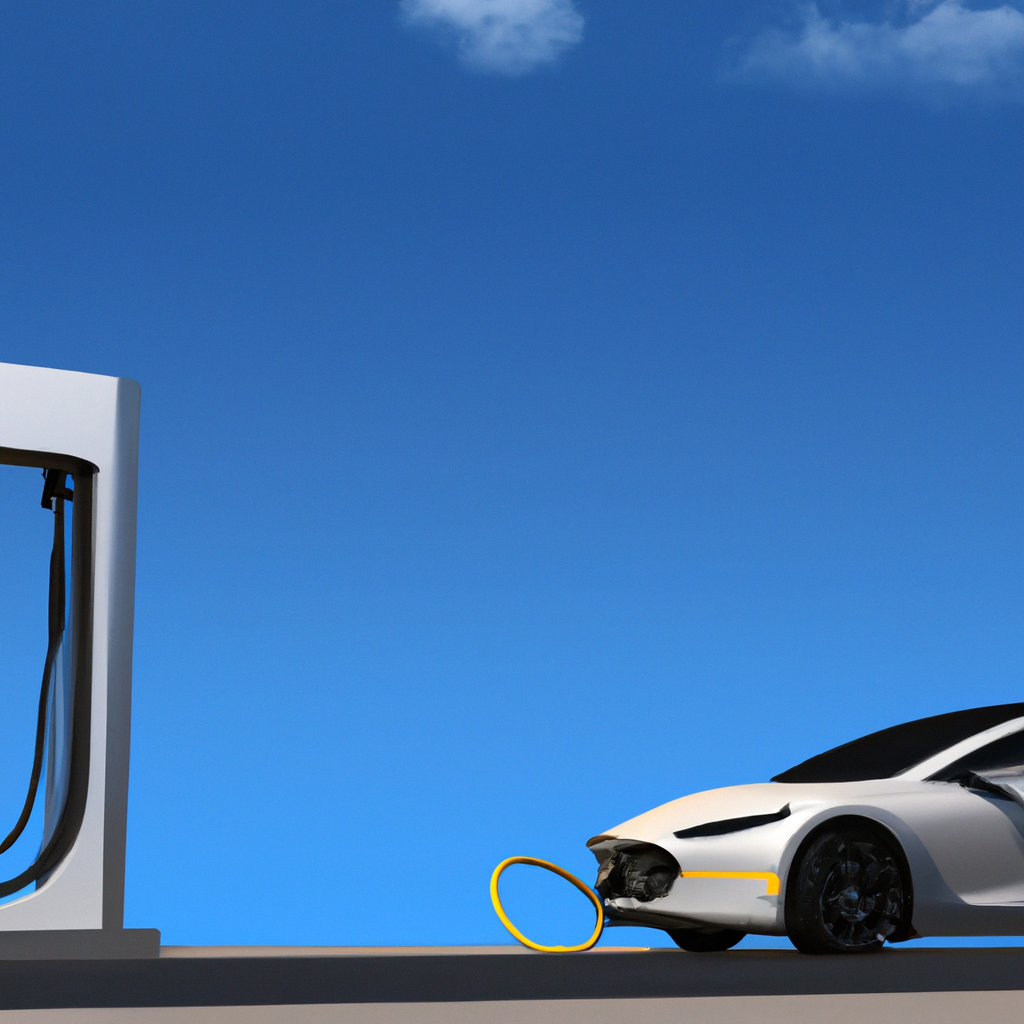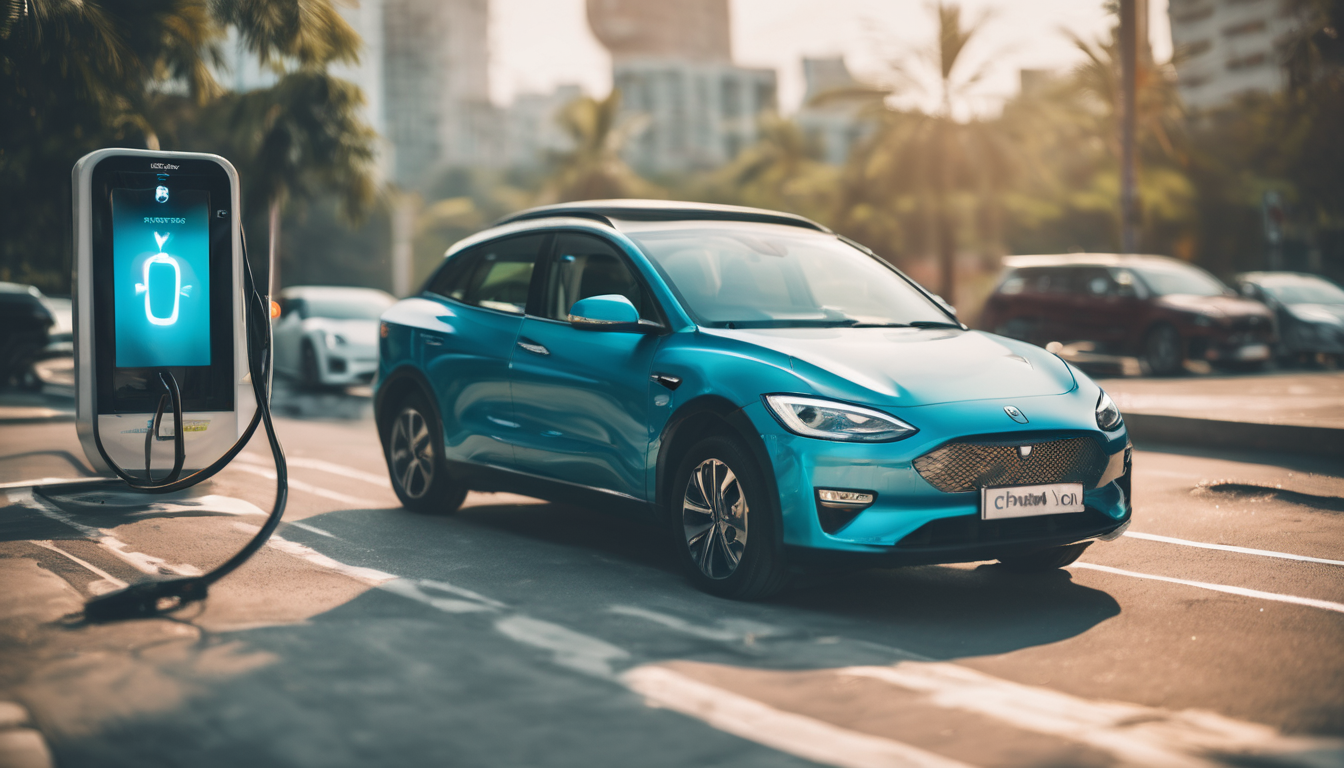The world of Electric Vehicles (EVs) is rapidly evolving, and with a myriad of benefits and drawbacks, it is essential to understand the landscape before making the switch. With emerging trends and technologies, EVs are poised to play a significant role in our future transportation matrix.
The Benefits of Electric Vehicles
Electric Vehicles offer a multitude of benefits, the most significant of which is their environmental friendliness. EVs produce zero tailpipe emissions, reducing their overall greenhouse gas emissions. They are also more energy-efficient than conventional vehicles, converting over 77% of the electrical energy from the grid to power at the wheels. With fewer moving parts, EVs require less maintenance compared to their internal combustion counterparts. This lowers the total cost of ownership over time. Furthermore, the cost of electricity used for charging is typically less than the price of gasoline, leading to savings on fuel costs.
The Drawbacks of Electric Vehicles
Despite the numerous advantages, EVs do have some drawbacks. The initial purchase price of these cars is higher than traditional vehicles due to the cost of the battery. However, this is offset by lower operating costs over time. Another challenge is the limited range of EVs, although advances in battery technology are addressing this issue. Charging infrastructure is also less developed compared to gas stations, but it is improving with the increasing popularity of EVs.
Emerging Trends and Technologies
The EV market is incredibly dynamic, with new trends and technologies emerging regularly. Battery technology is making significant strides, with solid-state batteries promising higher energy densities, faster charging times, and increased safety. Autonomous driving technology is also being integrated into EVs, promoting safer and more efficient transportation. Furthermore, Vehicle-to-grid technology, which allows EVs to return energy to the grid during peak demand, is becoming more prevalent.
The Role of EVs in Future Transportation
As the world moves towards sustainable transportation, EVs will play a crucial role. Governments worldwide are implementing policies to increase EV adoption, and some are even planning to ban the sale of new internal combustion engine vehicles. Consequently, investment in charging infrastructure is increasing, and electricity grids are being upgraded to handle the increased load. With these advancements, it is clear that EVs will be a significant component of our future transportation matrix.






